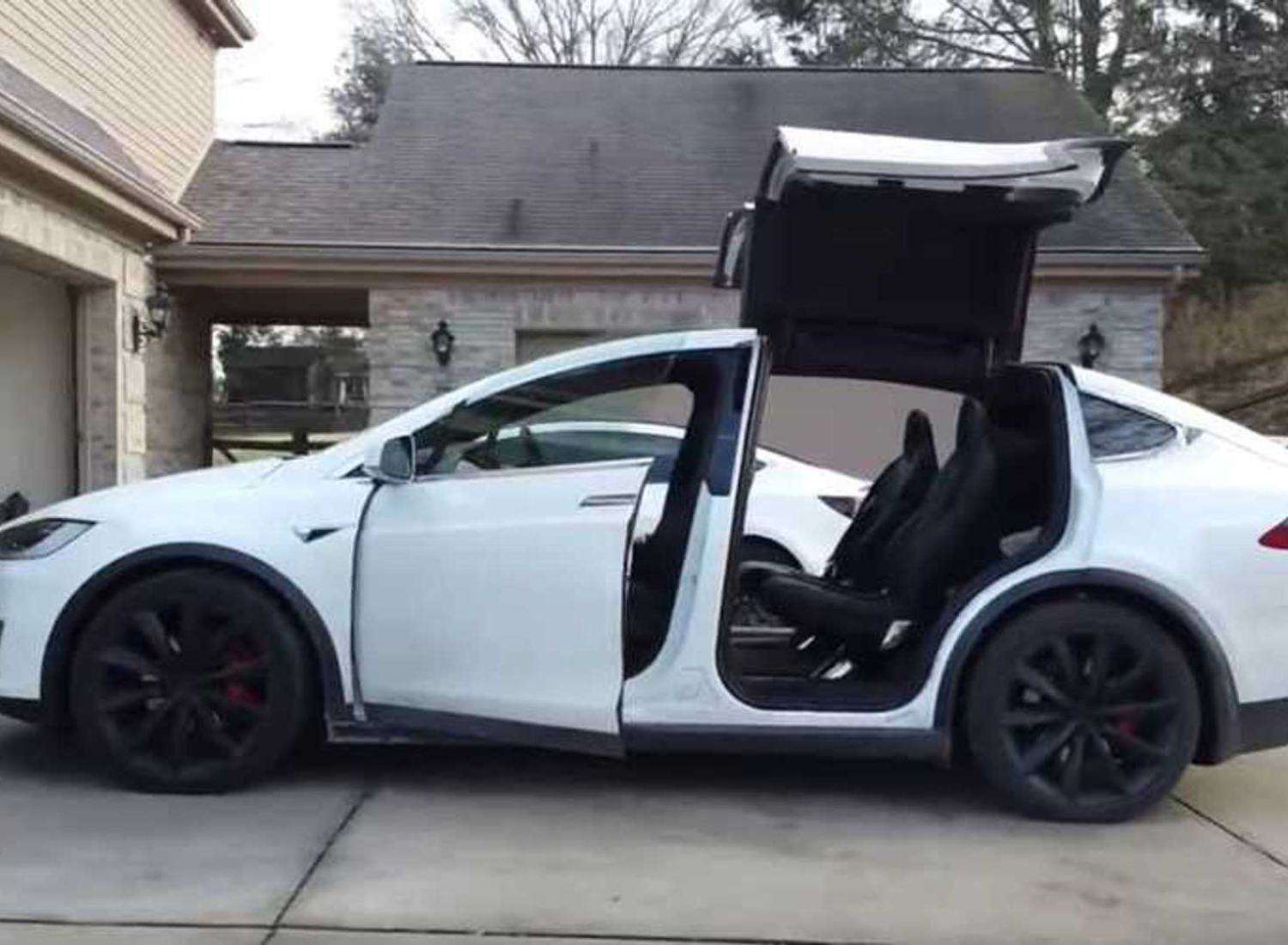The Pros and Cons of Owning a Tesla

Electric vehicles are a steadily growing market. More drivers are investing in these types of vehicles to reduce their carbon footprint and take advantage of energy efficiency that most combustible engines cannot match. In particular, the Tesla brand is at the forefront of the electric vehicle revolution and may be a company to consider when looking for your next vehicle purchase.
Tesla makes several models that people can purchase, and they provide a vast array of advantages. However, not everything is all rosy and perfect when you choose to buy an electric vehicle from Tesla. Let’s talk about the pros and cons of owning a Tesla to make your decision a little easier.
Pro: Less Maintenance
One of the biggest advantages that electric vehicles have over traditional cars is that they require less ongoing maintenance than their gas-reliant counterparts. There is no need for regular oil changes, filter replacements, and spark plugs because a Tesla does not use them. There is a smaller number of moving parts in this type of car, so there is less that tends to go wrong that you will need to pay for.
Con: Still Pretty Expensive
Electric vehicles are more complicated to make. The production process is not perfect, which means you will be paying a high price to obtain your Tesla. The Model 3 usually falls in the $40,000 to $53,000 range, while the Model X is closer to $100,000. The good news is that these prices are slowly decreasing as the production process is refined, resulting in probably lower prices in the future.
Pro: Energy Efficiency
Another selling point for Teslas is their efficiency. Gas prices can be unpredictable and a drain on your bank account. Vehicles that run on electricity have a lower average cost per mile than comparable gas-powered cars. This means you will spend less money as you travel with a Tesla than you would for a combustible engine.
Con: Questionable Environmental Impact
Many people choose to invest in electric vehicles because they believe they are reducing their carbon footprint. This is true once you own the vehicle, but the process of making batteries for electric cars is currently not ideal. Mining for the minerals like lithium that are used in these batteries often damages the environment tremendously, rendering the environmental impact as a net loss even if they are less harmful when being driven.
Pro: Customization Options
Like most cars, Teslas are open to customization. They have incredibly advanced systems that make driving a more enjoyable experience, and you can choose to invest in other features that either prolong the life of the vehicle or improve its functioning. For example, you could pay for Tesla paint protection to ensure that the exterior look of the vehicle is maintained for years to come.
Con: Concerns with Self-Driving
One of the biggest names in self-driving vehicles is Tesla. This brand is at the forefront of researching this technology and attempting to make autonomous vehicles. Though there are no fully autonomous vehicles on the road today, that day is getting closer. While the prospect is exciting, it may also be concerning for drivers. The technology is not yet reliable, so it is valid to have concerns about the self-driving features of your Tesla. Though there have been claims made about accidents caused by self-driving features in Teslas, leading to cases involving car accident lawyers, these are often discovered to be the result of user error.
Pro: Tax Credits
If you were to buy a Tesla in the United States today, you could qualify for a $7500 electric vehicle tax credit. That’s right, the steep price of a Tesla may be hard to overcome, but a tax credit of that size significantly reduces the net financial cost of owning a new electric vehicle.
Con: Reliance on Charging
One of the main obstacles to widespread EV adoption is their reliance on being charged to operate. It takes a while for vehicles to charge to full power, though that timeline continues to shorten. However, it is still much slower than refilling a gas tank. Additionally, the infrastructure of charging stations is seriously lacking in most places other than cities. That means driving long distances in a Tesla is challenging.
Should Your Next Vehicle Be a Tesla?
This is a question only you can answer. Now that you have read through some of the advantages and disadvantages of owning a Tesla, are the benefits worth the cost? You can enjoy a smaller personal carbon footprint, greater energy efficiency, plenty of customization, and a significant tax credit, but you also have to accept the high initial cost and reliance on charging. As the years go by, EV technology will only improve, so you can always wait a few years before you buy a Tesla so that you can take advantage of lowering prices and increasing infrastructure.



